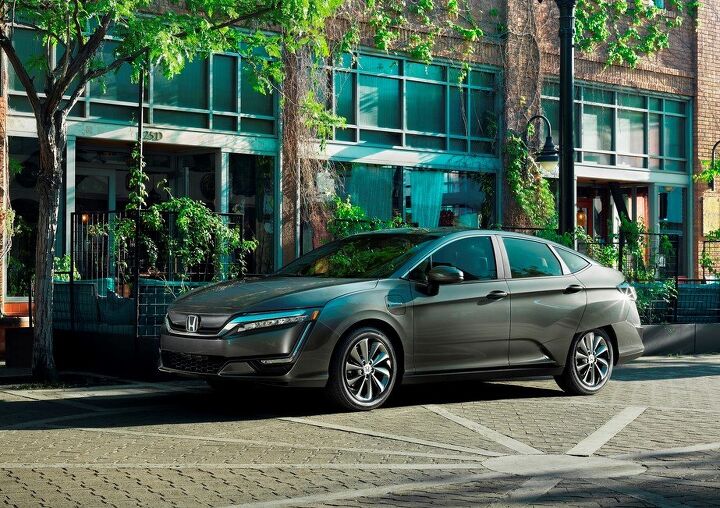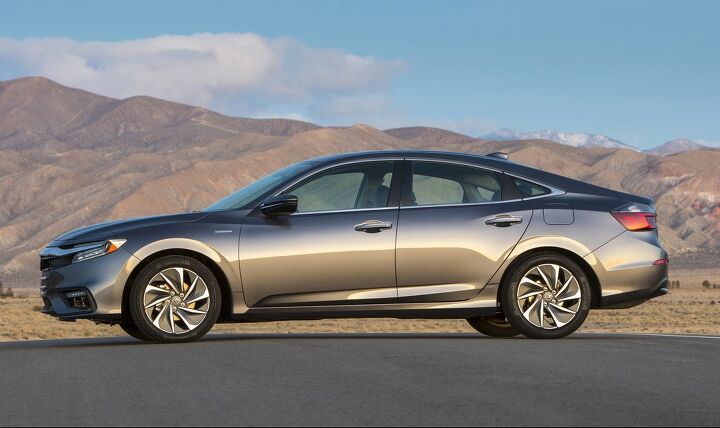#Clarity
As Honda's CEO Pours Cold Water Over Electrics, How Are the Brand's Dedicated Green Cars Doing?
Count Honda among the dwindling number of automakers that believe a sudden market shift to electric drive technology is little more than a pipe dream. As you read yesterday, the company’s CEO, Takahiro Hachigo, is on the record as saying, “I do not believe there will be a dramatic increase in demand for battery vehicles, and I believe this situation is true globally.”
While rival automakers like Toyota, Mazda, and Subaru have teamed up to advance their electrified ambitions, Honda chose to take it slow and go its own way. Its efforts have already born fruit, and continue to do so. Honda was the first automaker with a mass-market hybrid, but the ensuing two decades has seen the automaker temper its expectations of a fickle, gas-loving public. The brand’s product reflects its outlook.
So, how’s that product doing?
Gaining Insight: Honda Begins Production of Hybrid Sedan, Challenging Market Awaits
The first-generation Honda Insight was a rare false-start for the company, marketed as a hatchback that had more doors than seats (three and two, respectively). Its atomic-egg styling enveloped a 67 horsepower 1.0-liter gasoline engine paired to a 10kW electric motor. The second-gen model, a more conventional car in terms of its styling and capacity, also fell a bit flat compared to the segment-leading Prius.
Honda’s betting the third time’s the charm, kicking off the mass production start of the all-new 2019 Honda Insight today at its plant in Indiana. Will this Insight electrify buyers or fizzle out? At first glance, it would at least appear they’ve got the styling right this time. Not everyone wants to shout that they’re driving a hybrid.

















Recent Comments